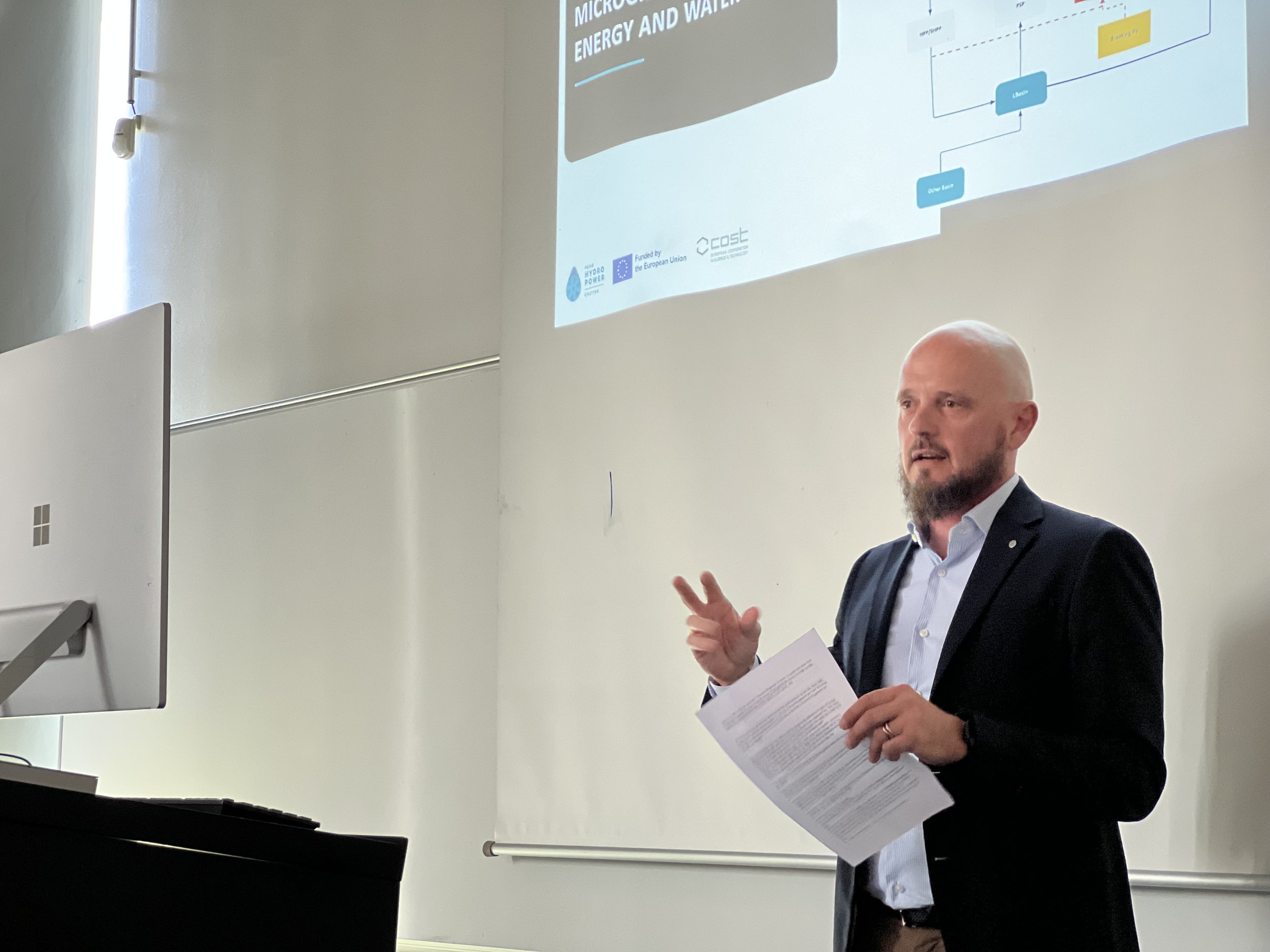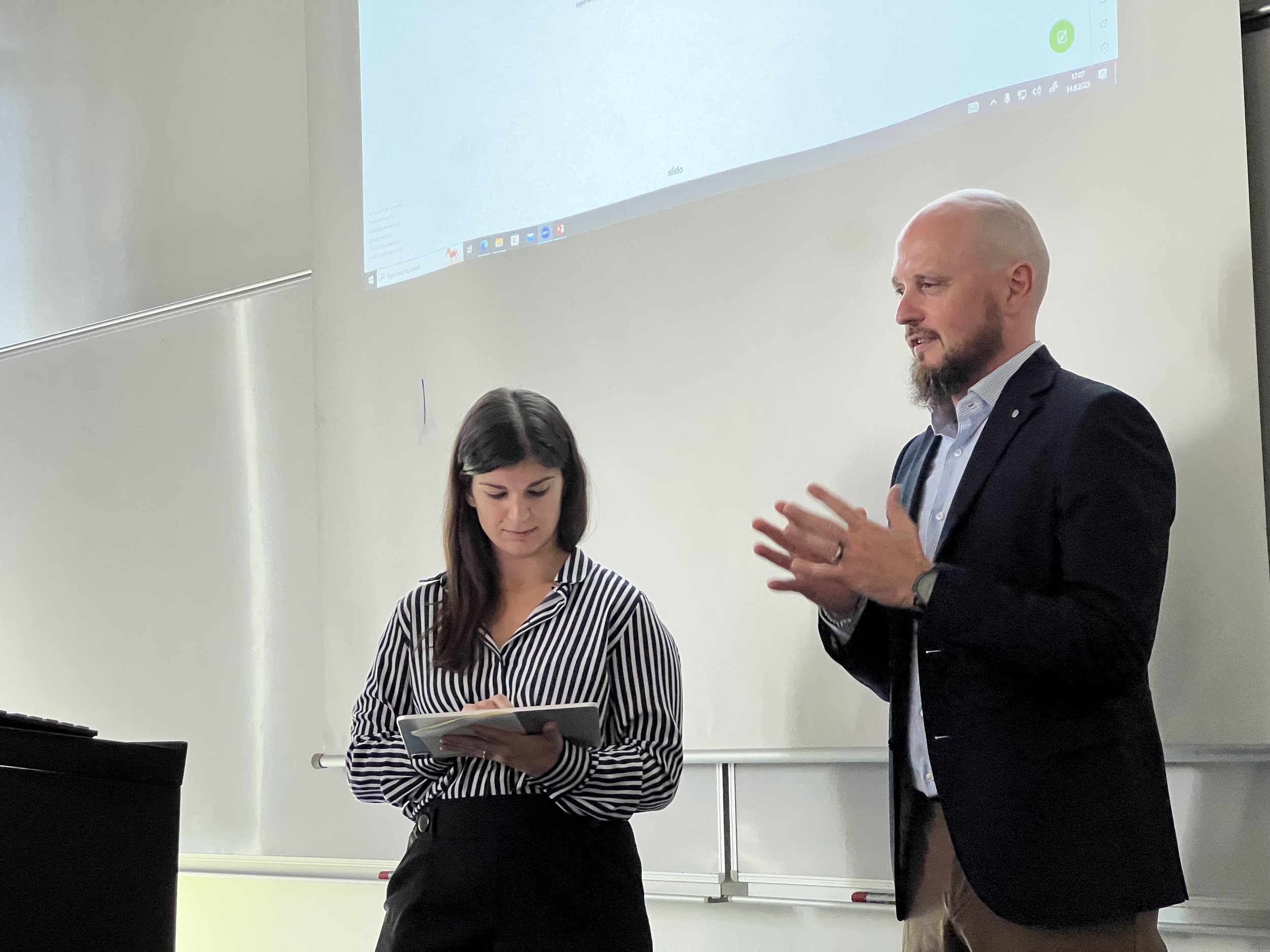Hydropower: Providing flexibility in the energy system
Hydropower is known to be one of the few highly-controllable low carbon generation to provide flexibility services over all time scales.
A rountable discussion was held at the Reykjavik University, moderated by Prof. Elena Vagnoni from the Swiss Federal Institute of Technology Lausanne (EPFL), to discuss the role of hydropower in providing flexibility in current and future power systems and to explore the potential of pumped-storage in the European hydropower landscape.
Whilst hydropower provides flexibility, says Prof. Vagnoni, O&M costs, environmental issues such as hydropeaking and resources availability impact the potential of hydro to provide flexibility in the grid.
Alberto Santolin from 45 Engineering provided an overview of the status of PSP installations in Italy, noting PSP plants in Italy provide up to 53 GWh in energy storage capacity. Alberto noted that reservoirs made for water storage and connected with each other through a grid of small power plants can create a water/energy "smart grid" that can be useful not only for energy production but also for environmental and water management.
Prof. Ioannis Anagnostopoulos from the National Technical University of Athens highlighted the need for more hydropower plants but stressing the need for energy storage at adequate size, capacity, and optimum blending as well as larger grids to support integration. Prof. Juan Ignacio Pérez-Díaz Universidad Politécnica de Madrid also provided an overview of PSP capacity in Spain, with 25 Pumped-storage projects being planned in different phases of the permitting process.
A recording and presentations of the session can be found in the following link.















